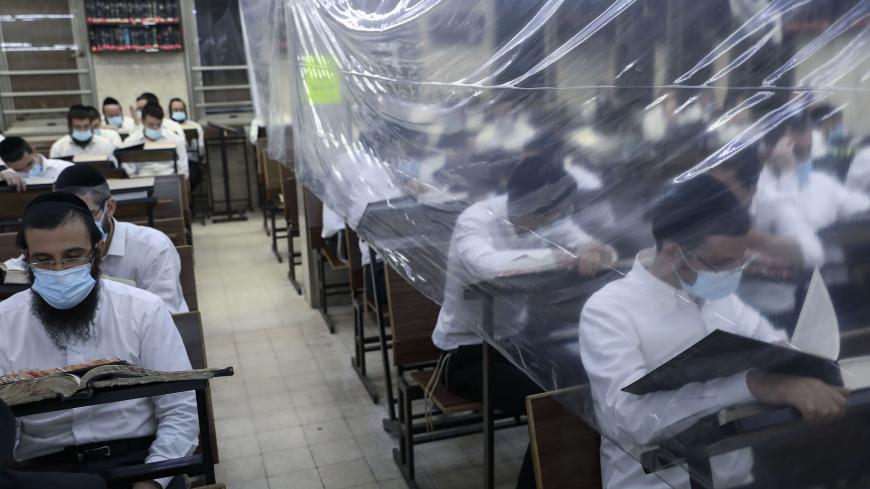“It’s a real rollercoaster and now we’re at a good spot," said Bnei Brak Mayor Avraham Rubinstein, "with a city with 'green' coronavirus statistics, when only two or three weeks ago we were at an especially frightening low point.” Despite his optimism, another wave of infection could hit the city again, as happened at the beginning of pandemic and in the second wave in September-October.
Most of Bnei Brak’s residents are ultra-Orthodox Jews. It’s a crowded and poor city, ranked in the second lowest socioeconomic sector in Israel. The average income of a salaried worker in the city is about half of the national average. The high birthrate in the ultra-Orthodox community leads to crowded homes, much more so than in the rest of Israeli society.



